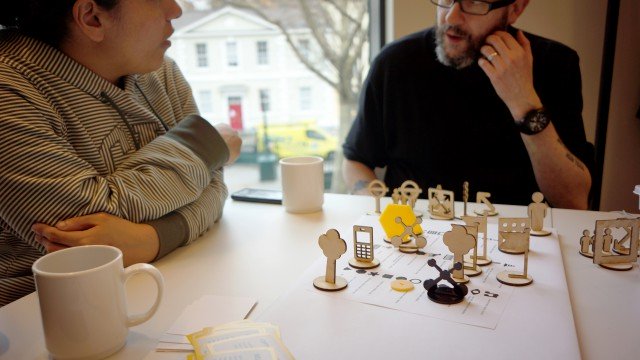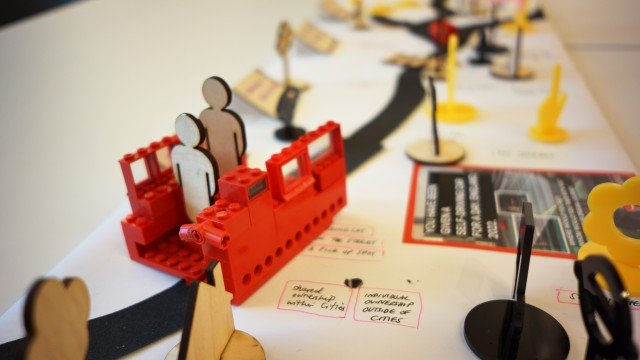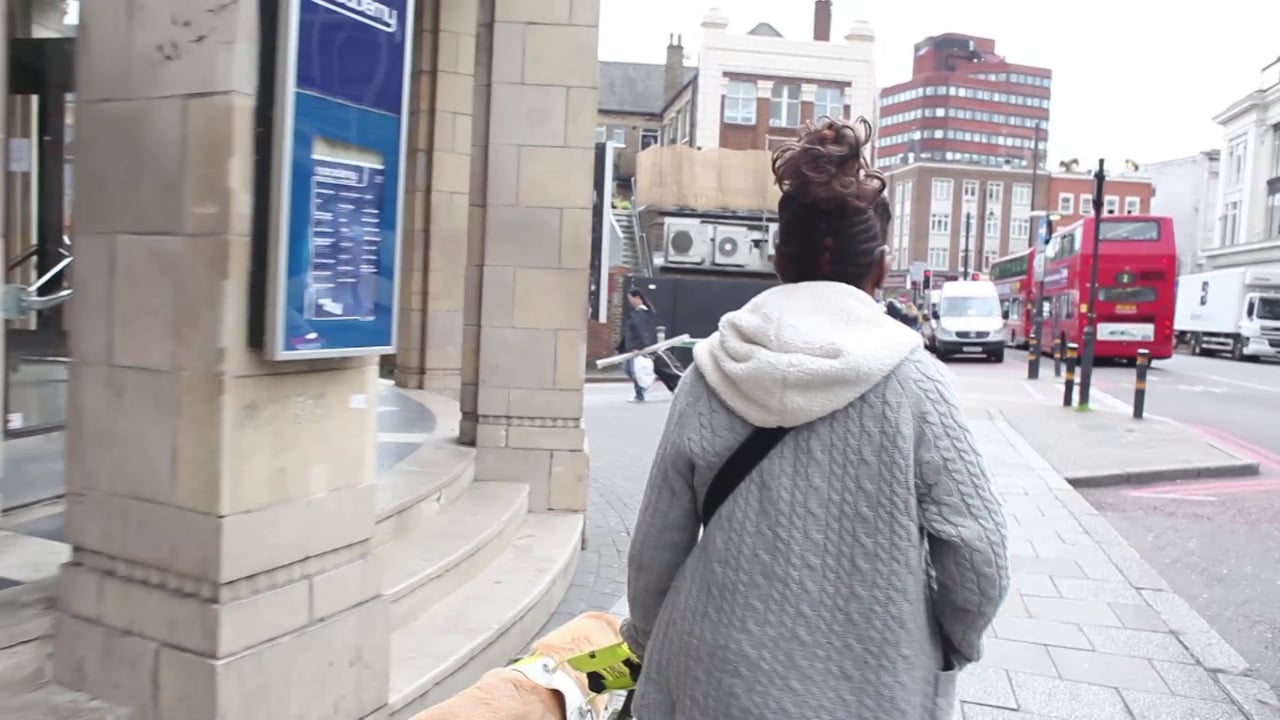
Finding opportunities; horizon scans and visioning workshops
We have endeavoured to understand the opportunities for Future Cities to be better designed for people with sight loss. We have undertaken…
We estimate that 4 million people will be living with sight loss in the UK by 2050. We need to better understand the problem from the individuals' perspective and identify integrated solutions to make cities enjoyable for everyone.
Watch our short films and find out more about the everyday challenges of people with sight loss and the remarkable ways which they are forced to overcome them.
Discover how we developed, trialled and tested our 3D soundscape technology on a route from Reading to London.
Learn about the emerging opportunities for city planners, architects, technologists and policy makers the world over.

We have endeavoured to understand the opportunities for Future Cities to be better designed for people with sight loss. We have undertaken…

Many people with sight loss are too anxious to leave home alone Getting around cities is a nerve-wracking experience for too many people,…

Based on the research you can explore in ‚ÄėChallenges‚Äô, and equipped with a model of well being developed by Guide Dogs we‚Ķ

Orientation is exceptionally difficult, with little or no visual cues and confusing soundscapes, alternative solutions are needed to guide…

Existing street furniture and amenities can be a hindrance to the blind and partially sighted. Shared spaces and open streets can disrupt…

Above almost anything else people with sight loss rely on predictability in their environment. Carefully constructed routes only work when…

From cycling on the pavement to pushing in front of them, there is a perception amongst some people with sight loss that members of the…

Asking for help from a passer by is often the best way to deal with a complicated or unknown step in a journey. However not all passers by…

Moving through a potentially crowded train carriage or bus and finding an unoccupied seat can be present huge problems for people with…

Changes in the sound of traffic, the sounds of different trains or of a shouting market stall holder are all examples of useful and…

From fish to fried chicken people with sight loss use all sorts of smells as navigational cues. Like any other landmark for a smell to be…

If a feature of the environment is detectable by them and always in the same place it can be used as a navigational landmark for someone…